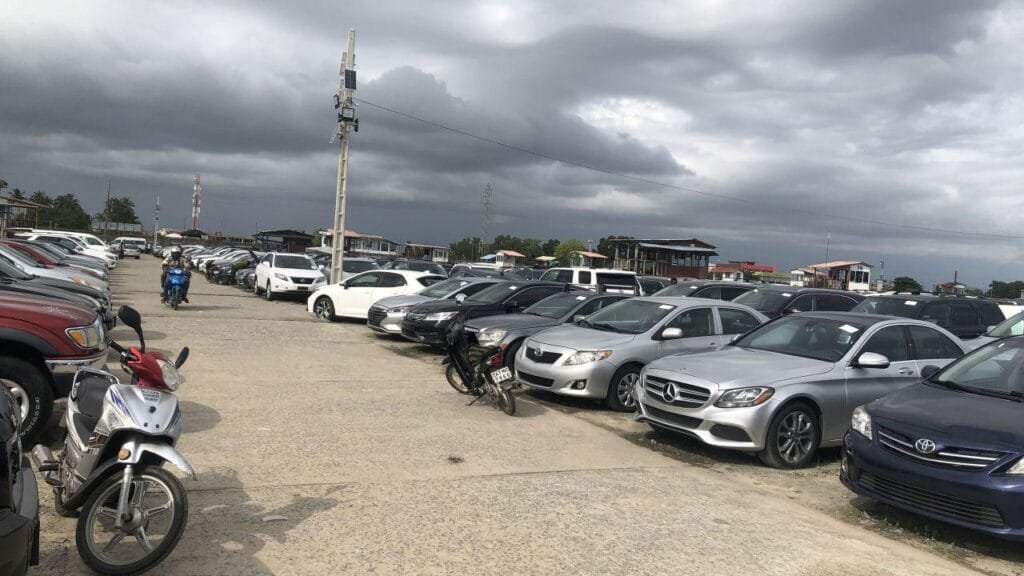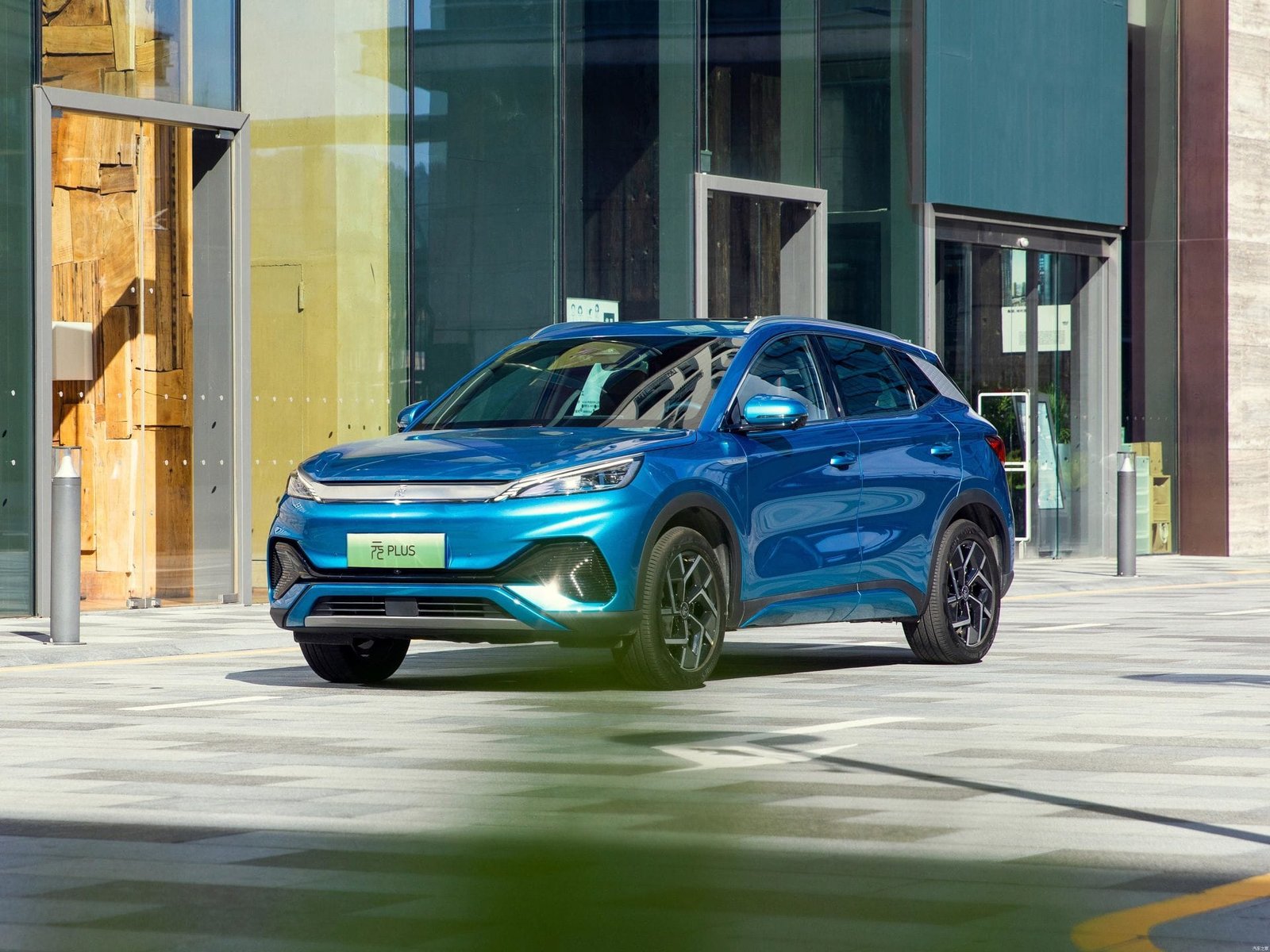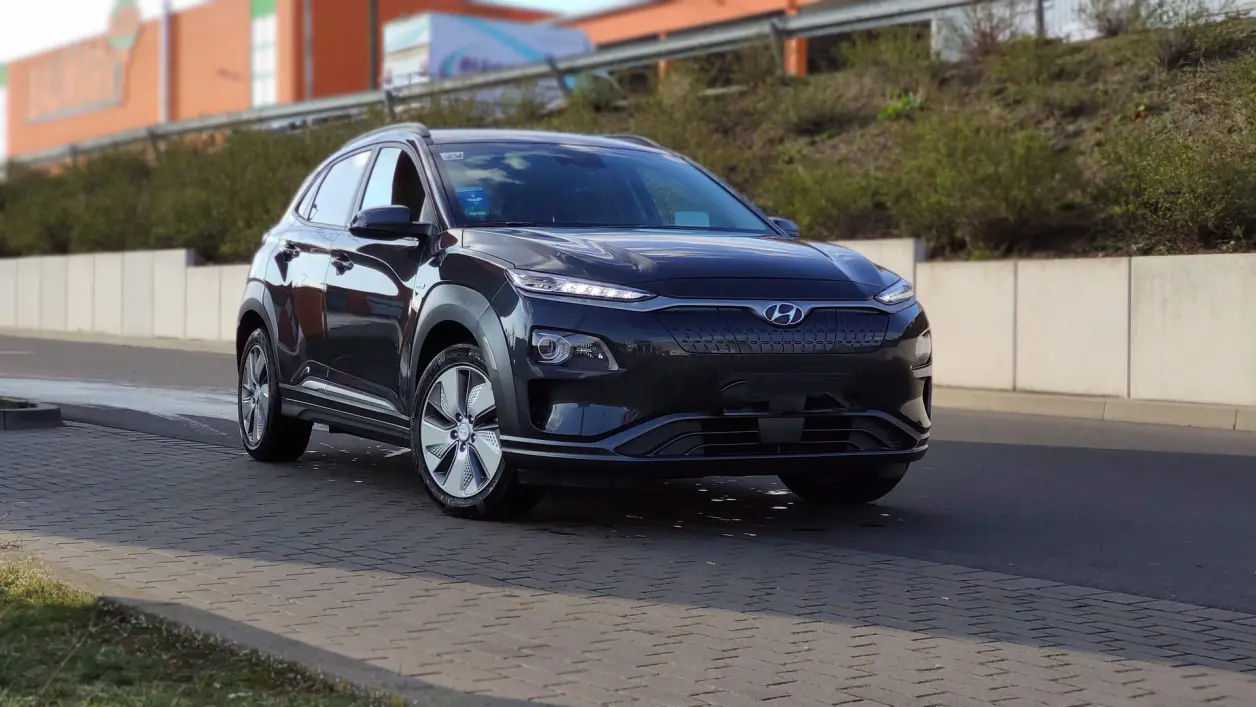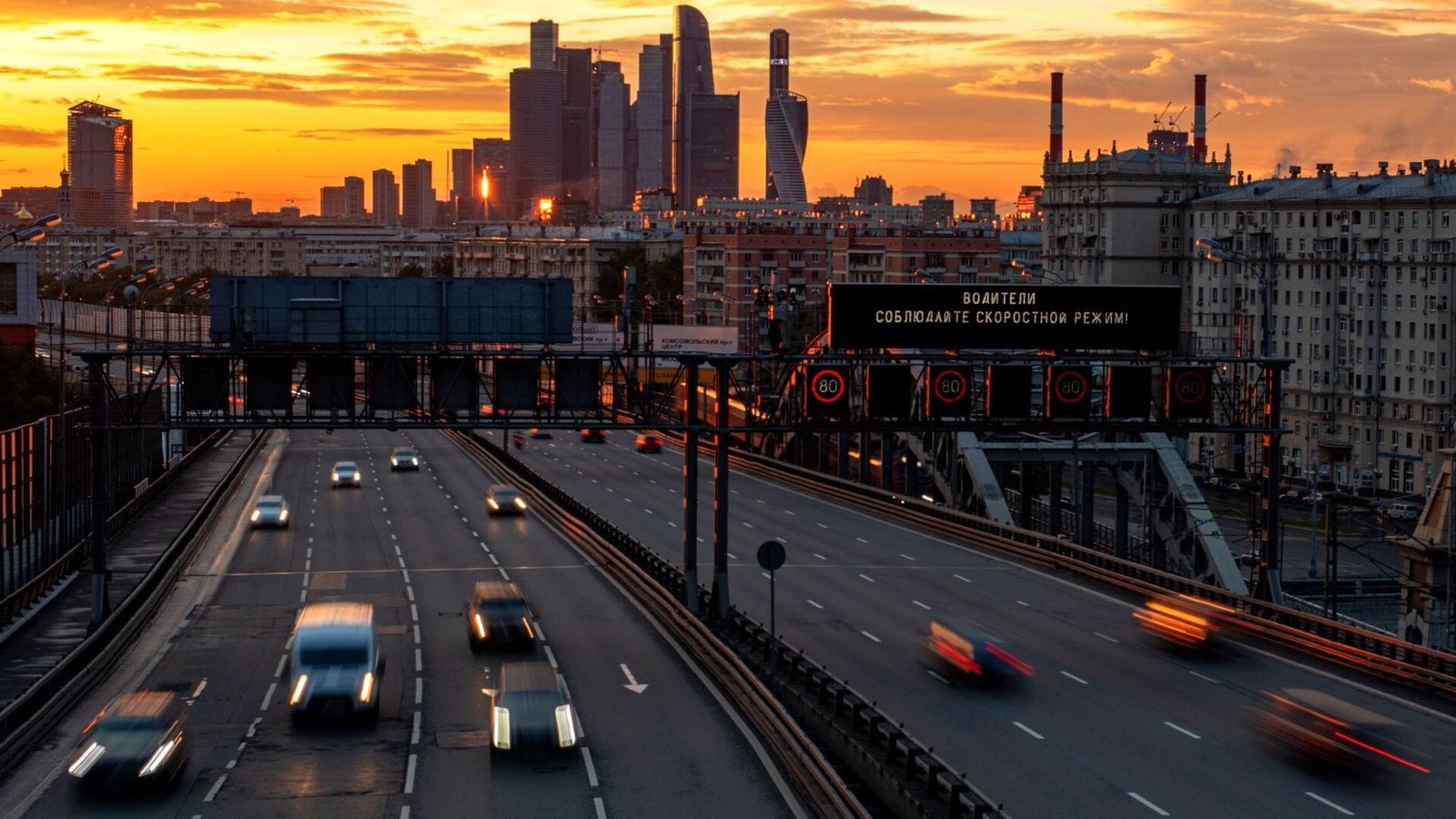A recent market analysis by market research firm Modor intelligence revealed that new car prices in Nigeria have soared significantly as of July 2023, with new car prices rising by about 15% due to the depreciation of the naira and rising exchange rates.
As a result, consumers have shifted their buying preferences to imported used cars (often referred to as Tokunbo in Nigeria), which are popular for their affordability and reliability. An increasing number of Nigerian consumers are choosing to browse, negotiate and finalize deals on a number of used car online platforms.
The Nigerian used car market, currently valued at $1.14 billion, is forecast to be expected to garner a net valuation of more than $1.74 billion by 2024, growing at a CAGR of 8.9%, which is partly attributed to the rising prices of used cars.

Nigeria: the largest used car market in Africa
Nigeria, like other African countries, has a scarcity of rail and water transportation, and transportation is dominated by roads, with automobiles being an important means of transportation. Due to the lack of their own national automobile industry, in order to meet the needs of the domestic automobile market, a large number of cars are imported every year.
Nigeria is the largest second-hand car market in Africa, and second-hand car transactions account for more than 95% of Nigeria’s automobile market, with an annual second-hand car transaction volume of about 700,000, and more than 200,000 second-hand cars imported every year, mainly from the United States, Japan, South Korea, Germany, France and other countries.
Nigeria mainly imports used cars through Apapa and Lagos ports. Local best-selling used cars are Toyota, Honda, Nissan, Mitsubishi and other brands.
Nigeria’s automobile market has shown strong growth in recent years. With the continuous development of the economy and the improvement of people’s living standards, more and more people start to buy cars, which makes the car ownership in Nigeria grow rapidly.
According to statistics, by the end of 2023, Nigeria’s car ownership has exceeded 15 million, and shows a solid growth trend.
There is no local automobile scrapping system in Nigeria, and vehicles rely on the replacement of auto parts to maintain normal operation after exceeding their service life. As long as the age of the vehicle does not exceed 15 years, it can be imported.
The business of importing used cars into Nigeria is so prosperous that the importation of too many used cars has caused traffic congestion, leading to paralysis of port operations and forcing some shipping companies to transfer cars and other goods destined for Nigeria to ports in neighboring countries such as Benin or Côte d’Ivoire.
In terms of tariffs, the Nigerian Customs Service (NCS) increased the import duty on automobiles from 39.45 percent to 39.62 percent in June 2023 in a bid to reduce dependence on imported automobiles and boost the domestic manufacturing sector, which has led to an increase in the price of second-hand cars by almost 100 percent.
Following the implementation of the policy, it is estimated that the 2005 Toyota Corolla, which had an average selling price of N1.9 million in 2021, sold for N4 million in June 2023, while the 2004 Honda Accord, which had an average selling price of N1.6 million, sold for an average of N2.9 million in June.
In Nigeria, used sedans are preferred by consumers because they are less expensive compared to SUVs and MPVs. The best-selling used sedan models in Nigeria as of June 2023 include Toyota Corolla, Toyota Camry and Honda Accord.
In Nigeria, Japanese brands have a large market share, firstly, Japanese cars entered the Nigerian market earlier and took the lead in occupying a larger market share; secondly, Japanese vehicles are of excellent quality, with lower fuel consumption and better economy compared to American and German cars; thirdly, Japanese vehicles have already set up a perfect after-sales service system in Nigeria, with lower maintenance and repair costs, making them more appealing to Nigerian consumers with a low level of residential income. More attractive to Nigerian consumers with low income levels.
At the same time, South Korean cars in recent years with low price strategy and perfect after-sales service, new car market share in Nigeria is also expanding, Hyundai and Kia two brands in the Nigerian new car market in the second and third place, the market share of more than 20%.
Chinese Auto Brands in Nigeria
With Nigeria’s economic recovery and the rise of the middle class, more and more Chinese automobile companies are targeting this potential market and seeing Nigeria as a window to open up the African market. Chinese auto brands are also slowly appearing in the Nigerian auto market, such as GAC Chuanqi, JAC and Jinbei, which are popular among African people.
GAC Chuanqi’s first country to enter the African market is Nigeria, and has two dealerships. GAC Chuanqi has introduced several star models that are hot sellers in China, which have gained the recognition of the local market and consumers.
JAC has nearly 10 sales outlets and a number of parts outlets in Nigeria, and adopts the localization strategy according to local conditions, providing nanny services such as on-site service and door-to-door overhaul for Nigerian industrial customers and large customers, and establishing a certain degree of brand awareness in the local market.
Jinbei is a commercial vehicle as an entry point, and compared with similar light buses in Europe and the United States, the price of Jinbei is only 1/3 of the price of its similar light buses, so the models represented by Jinbei Haili have also gained good sales in Nigeria.

Nigeria used car import policies and regulations
1, Left-hand drive vehicle restrictions: Nigeria only allows the import of left-hand drive vehicles.
2, Policy Adjustment: At the end of 2010, the Nigerian government extended the age of permitted imported used motor vehicles from 10 years to 15 years, and the scope is clearly defined as motor vehicles mainly used for carrying people (HS tariff item 8703.1000-8703.9000). This adjustment has led to a substantial increase in the import of used cars in Nigeria, in May 2011, the import volume nearly doubled compared to the ring, new imports are mainly 10-15 years old used cars.
3, Emission standard requirements: According to the Nigerian Bureau of Standards, imported cars must comply with Euro II emission standards and pass the mandatory inspection program (SONCAP). Products that do not pass the inspection will not be able to enter the Nigerian market.
4, Tax policy: Used cars imported into Nigeria need to pay customs duty and value-added tax. According to the Nigeria Customs Tariff, the tariff rate for used cars in Nigeria is 20%, National Automobile Council Levy (NAC): 15%, and VAT rate is 7.5%.





You made some good points there. I did a search on the topic and found most people will go along with with your site.
This clarifies everything perfectly.